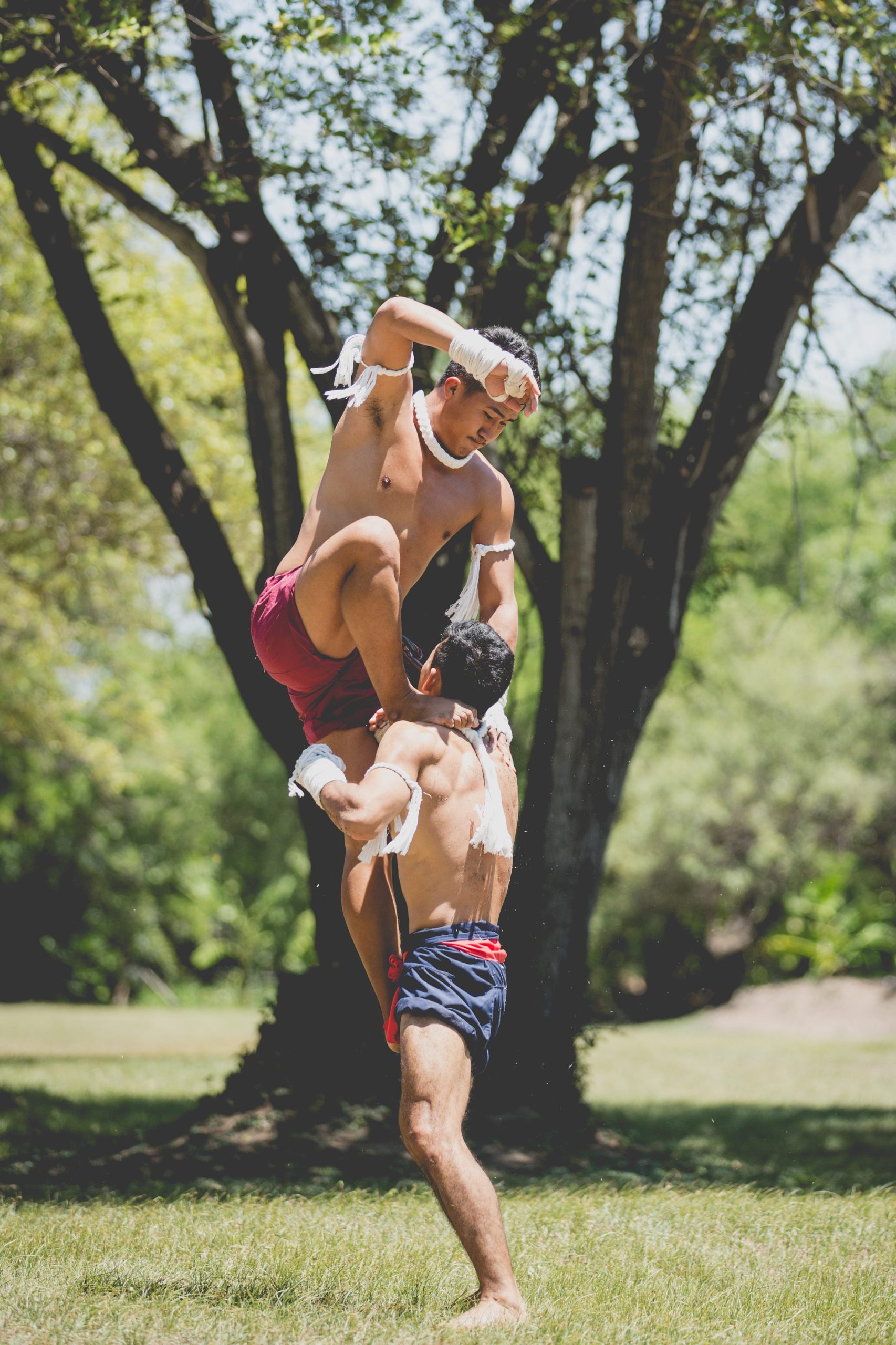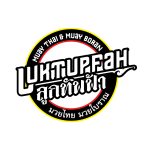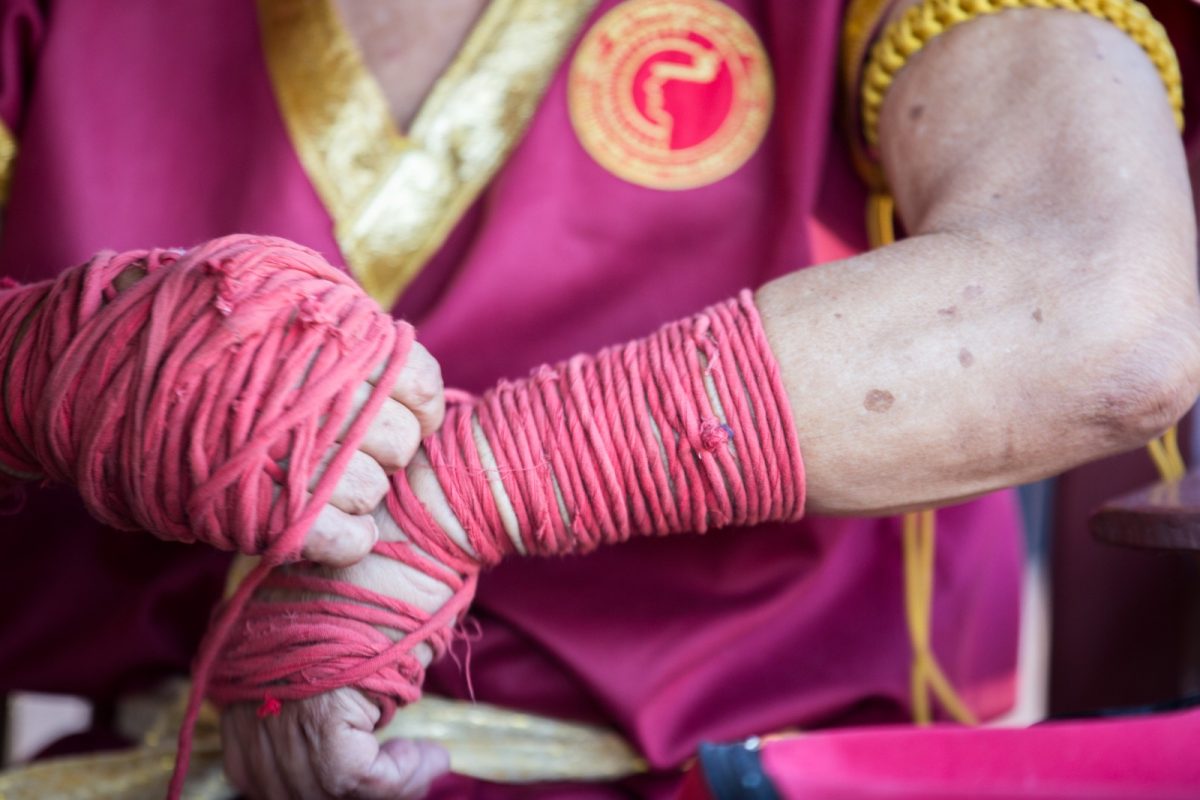Muay Boran, also known as “ancient boxing,” is a traditional martial art from Thailand. It is believed to have originated in the 15th century and was used by Thai warriors in battle. Muay Boran includes strikes, kicks, knee and elbow strikes, clinching, grappling, and throwing techniques.
The term “Boran” means “ancient” in Thai, and Muay Boran is considered the predecessor of modern Muay Thai. In the past, it was primarily used for self-defense and combat, but today it is practiced as a sport and a way to promote physical fitness, discipline, and mental well-being.
One of the distinguishing features of Muay Boran is the use of “lep” or “plum” techniques, which involve grabbing and controlling the opponent’s neck or head. This technique can be used to deliver powerful strikes and control the opponent’s movements.
Muay Boran training typically involves a combination of shadowboxing, bag work, pad work, sparring, and conditioning exercises. Practitioners of Muay Boran are known for their strength, agility, endurance, and mental toughness.
In addition to its physical benefits, Muay Boran also promotes a sense of community and cultural heritage. Many Muay Boran schools in Thailand and around the world emphasize the importance of respecting tradition and learning about Thai culture and history.
Despite its long history and cultural significance, Muay Boran is not as well-known as its modern counterpart, Muay Thai. However, there is a growing interest in Muay Boran among martial arts enthusiasts who appreciate its rich history, traditional techniques, and cultural significance.
Whether you are interested in learning self-defense, improving your fitness, or exploring Thai culture, Muay Boran offers a unique and rewarding martial arts experience. With its powerful techniques, rich history, and strong sense of community, Muay Boran is a martial art that is worth exploring.
Luktupfah takes prides in our extensive Muay Boran courses under the Kru Muaythai Assocation and Muay Boran Federation. For the most authentic Muay Boran and cultural and spiritual experience, visit Luktupfah.


